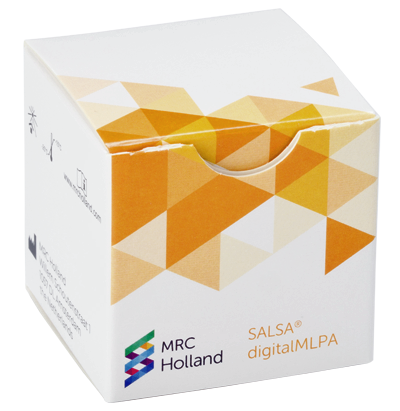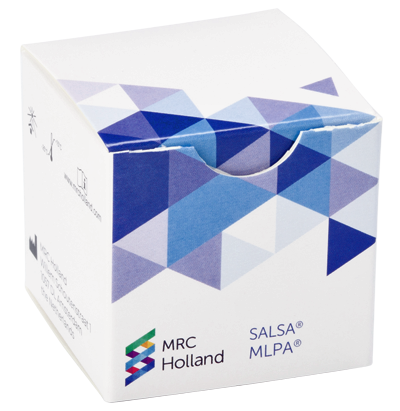Lynch syndrome (LS), sometimes also referred to as hereditary non-polyposis colorectal cancer (HNPCC, encompassing LS and all other forms of MMR-deficient and MMR-proficient hereditary nonpolyposis colorectal cancer), is a hereditary cancer susceptibility syndrome, predisposing to several cancer types (GeneReviews). It is an autosomal dominantly inherited syndrome with gene-dependent, age-related penetrance. Prevalence of LS in the general population can be estimated at 1:280 (Evans et al. 2021). LS accounts for ~3% of all colorectal cancer cases (Moreira et al. 2012; Jiang et al. 2019; Dong et al. 2020), ~3% of endometrial cancer cases (Kahn et al. 2019) and ~10-15% of hereditary ovarian cancers (Nakamura et al. 2014).
LS is caused by heterozygous germline variants in DNA mismatch repair (MMR) genes, including MLH1, MSH2, MSH6, and PMS2 (GeneReviews). Tumours exhibit MMR deficiency, which is the consequence of somatic inactivation of the second allele of the affected gene and leads to instability of microsatellite sequences in the tumour genome.
Nonsense, missense, frameshift and splicing variants, small deletions and insertions, as well as deletions or duplications of one or more exons, are responsible for loss of function of the inherited, predisposing MMR allele. Most pathogenic variants are reported in MLH1 (15-40%) and MSH2 (20-40%); germline mutations in MSH6 (12-35%) and PMS2 (5-25%) are slightly less common (GeneReviews).
Large genomic rearrangements in these MMR genes occur with varying frequencies (20-40% of pathogenic variants in MSH2, 10-20% of pathogenic variants in MLH1, 0-10% of pathogenic variants in MSH6, 20-55% of pathogenic variants in PMS2) depending on the population studied.
In addition, constitutional epimutations of MLH1 or MSH2 genes have been identified as a rare aetiology of LS. Constitutional tissue‐specific promoter methylation can be inherited as secondary epimutation, due to a deletion involving the last exons of the EPCAM gene. This leads to methylation of the adjacent MSH2 promoter, thereby silencing of this gene in EPCAM-expressing tissues, such as the colorectum. These EPCAM deletions occur in about 1–3% of LS families (Tutlewska, Lubinski, and Kurzawski 2013).
Another rare cause of LS is a 10 Mb inversion of chromosome 2p with one breakpoint in intron 7 of MSH2. First described in literature in a family with LS in 2002 (three family members found to have the inversion) (Chen 2008; Wagner et al. 2002), this rearrangement was later identified in ten cases out of a cohort of 101 patients suspected of having LS (Rhees, Arnold, and Boland 2014).








